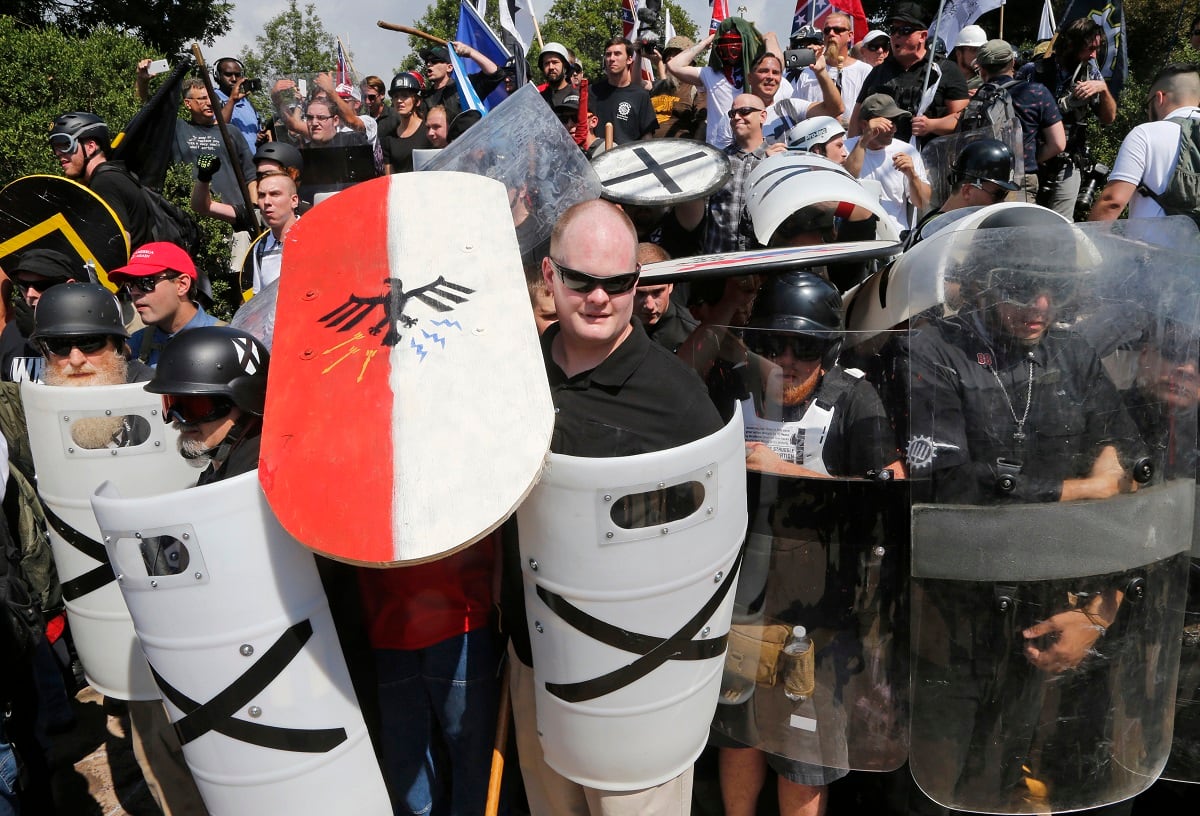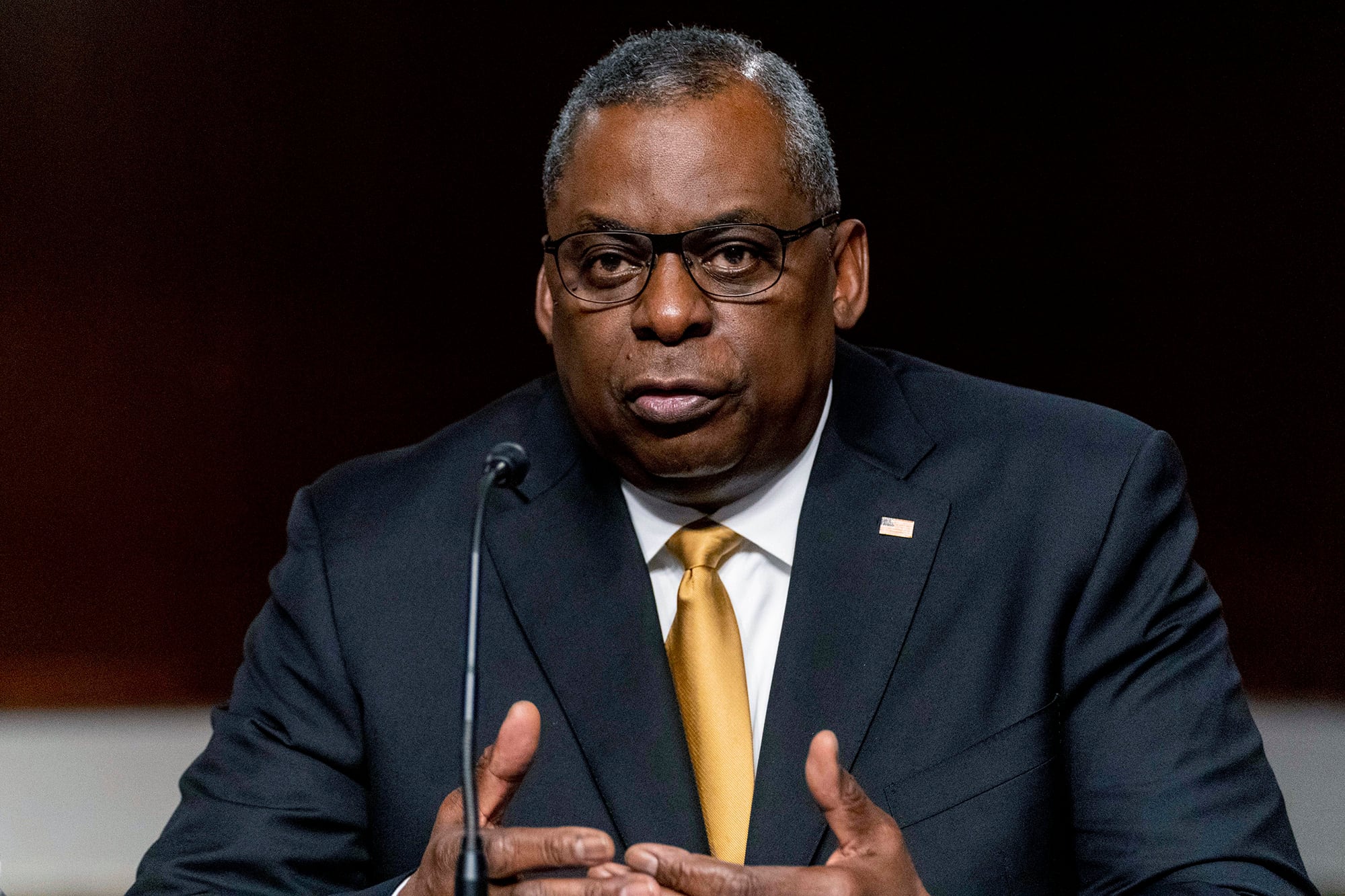The Defense Department has been having a rough time communicating about its efforts to root out extremism. Despite numerous public statements, there are still some who see the entire endeavor as a thinly shrouded attempt to punish politically conservative troops.
Defense Secretary Lloyd Austin reiterated that politics are not the issue on Wednesday, during testimony before the House Armed Services Committee, when Rep. Vicky Hartzler, R-Mo., asked him whether supporting former President Donald Trump would be considered “extreme.”
“I said earlier, this is not about politics,” Austin told Hartzler. “I want our troops to, to participate in our political system. I will also say that we will continue to be a diverse ― a diverse and inclusive organization. And that’s what the United States military is all about.”
Austin demurred earlier in the exchange, when she asked him whether the Pentagon had nailed down a definition of extremism.
“Again we’re focused on, on behavior,” he said, adding that the department-wide extremism stand-down earlier this year was meant to open up discussions and give some hard-and-fast rules, but not to attempt to define extremism itself.
The issue of supporting Trump, or wearing his Make America Great Again merchandise, did come up during at least one organization’s stand-down.
“Ultimately most of us chose not to say too much in the meeting, past the guy asking if attending a MAGA rally or liking MAGA stuff on social media would be flagged behavior, which we all concluded would not be flagged,” a Navy civilian told Military Times in March.
RELATED

Later, Austin went head-to-head with Rep. Matt Gaetz, R-Fla., who told Austin that in speaking with service members, the No. 1 issue they bring up is the department’s efforts to address extremism ― that it has divided people rather than brought them together.
He then accused Bishop Garrison, Austin’s senior adviser for human capital, diversity, equity and inclusion, of being a “critical race theorist.”
“We do not teach critical race theory we don’t we don’t embrace critical race theory, and I think that’s a spurious conversation,” Austin said.
Critical race theory, which has become a hot-button issue in conservative politics, is the idea that racism is not just an individually-held belief, but that it can be baked into legal systems and policies.
Austin added that the feedback he’s gotten from service members and leaders is that his extremism stand-down did not sow division. Gaetz asked if maybe those troops were just telling him what he wanted to hear, given that he had heard a differing opinion from his own sources.
“I get it, but I’m smart enough, and that does happen,” Austin shot back. “Yeah, you know, maybe they’re telling you what you want to hear.”
While Austin doesn’t have an extremism definition in hand, he has asked his experts to come up with one. He stood up a working group in April that is tasked with forming one, in addition to reviewing screening capabilities and training/education.
“The issue is performance,” Brian Michael Jenkins, a senior adviser at Rand Corp. and a former Special Forces officer, told Military Times in May. “And that is, to what extent may these beliefs, whatever they are, interfere with the mission of the military? Are they such that they might disrupt unit cohesion? Are they such that they will actually interfere with effective military action, whatever the job is?”
Though Austin hasn’t set a deadline for creating that definition, the working group is due to provide him a progress report and some recommendations for more projects in July.
Meghann Myers is the Pentagon bureau chief at Military Times. She covers operations, policy, personnel, leadership and other issues affecting service members.




